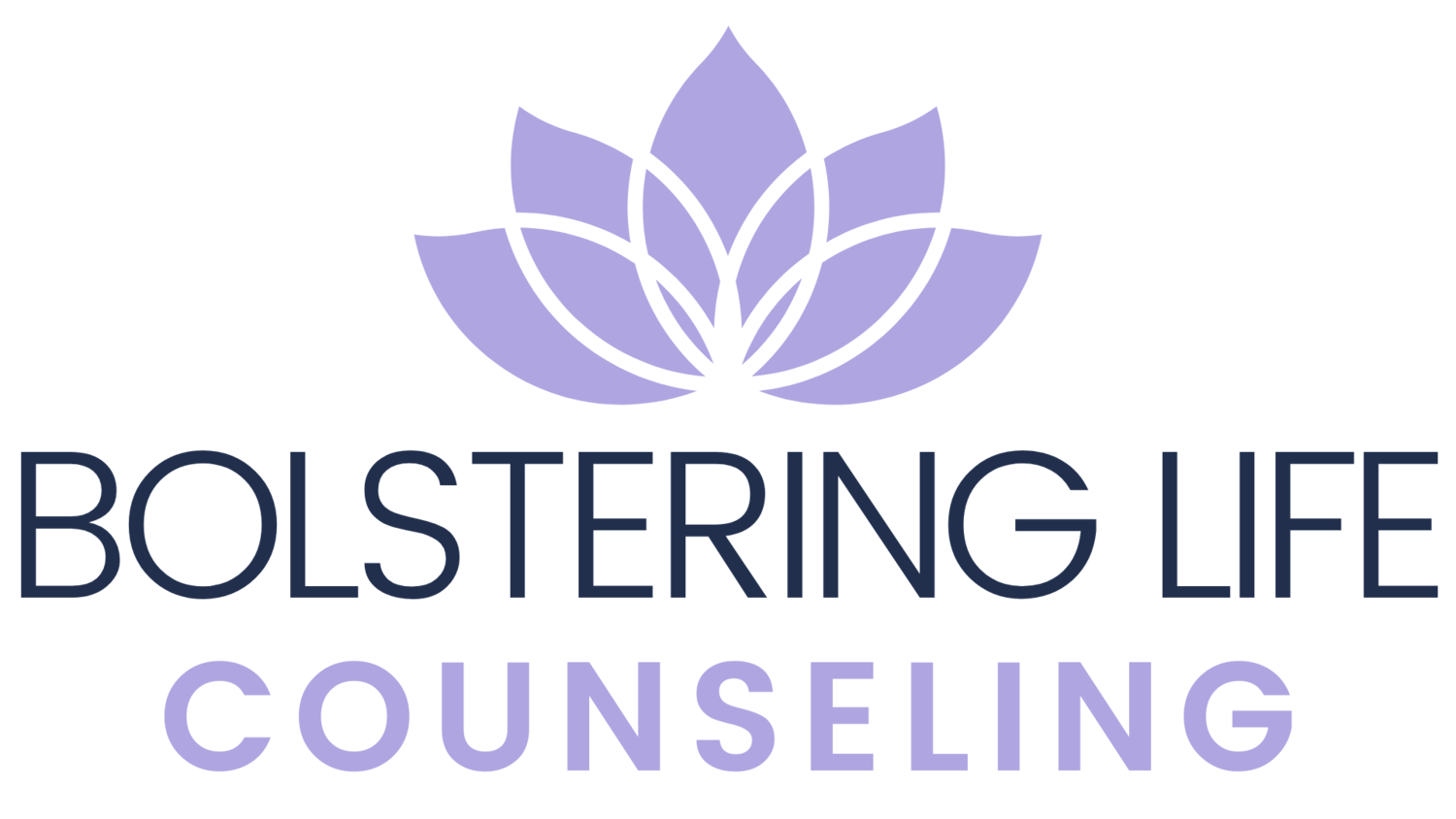What can I expect from Trauma Therapy and PTSD Counseling?
My previous blog post described several types of trauma therapy and ways to address PTSD counseling. Besides the modality of therapy, there are important aspects that one should expect in their healing journey with a trauma trained therapist.
Hesitancy to Talk about the Past
It is common for a client to be nervous starting trauma therapy. One common issue is that most people don’t want to “drudge” up the past as it is painful to think about, let alone talk about. A trauma and PTSD trained therapist should be open to talking about this hesitancy and validate the client’s feelings. Every healing journey is different and some clients need more time to build trust and skills to endure revisiting their painful past.
Monitoring Window of Tolerance
It is important for the trauma therapist to be in tune with the client’s window of tolerance or bandwidth for experiencing emotional distress. This is important during the session; however, the therapist should also be reviewing what is happening outside session like any changes in sleep, productivity, triggers, relationships and overall well-being.
Potentially Feeling Worse before Feeling Better
Trauma therapy and PTSD counseling can feel worse initially as we are opening up old wounds or “scabs” which can cause some distress which is why a trained therapist needs to monitor the client closely. Old memories and events get stirred up and can resurface randomly which feels unsettling. There are coping skills to help a client to contain these experiences and be able to maintain their daily lives while on their healing journey.
In summary, my role as a trauma therapist and PTSD counselor is to validate, build trust, provide resourcing skills and build a roadmap for healing given the emotional tolerance and current stressors. It is a complex role and I am honored to be part of a client’s path to healing. If you are interested in learning more about trauma therapy and PTSD counseling in Ahwatukee AZ, please contact me.
